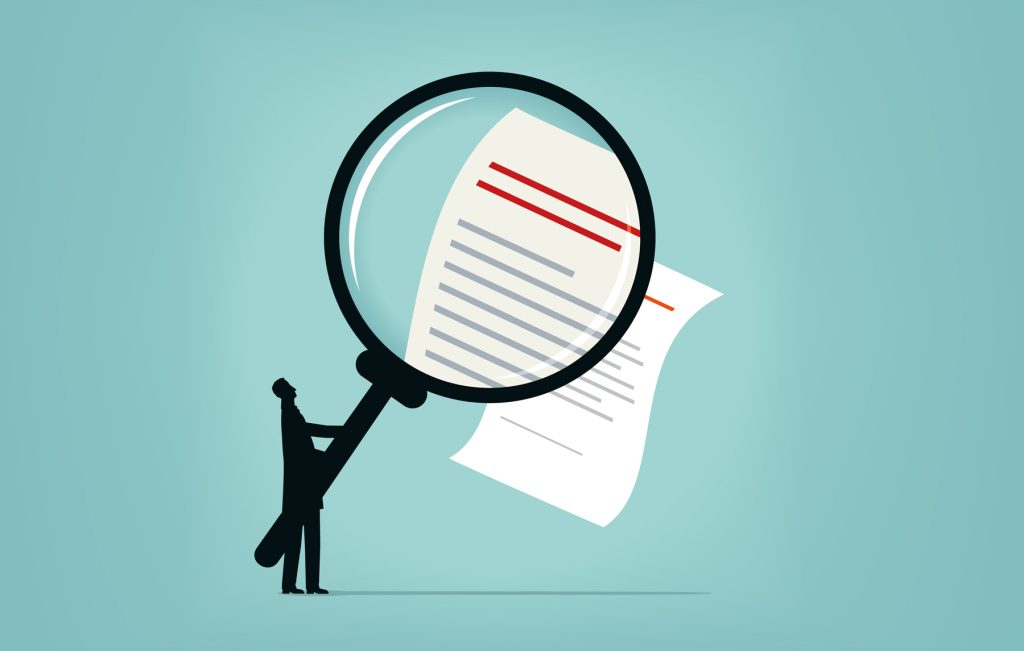- About
Our consultants
Meet our experienced team of consultantsSupport team
Meet our support team working alongside our doctors to deliver the very best careOur clinic
Discover more about The Fertility & Gynaecology Academy
- Patient journey
I am a...
Learn about the services relevant to your fertility journeyThe journey...
Learn about what's involved in fertility treatment
- Fertility tests
Packages
Fertility testing packages to take the hassle out of investigations
More screening options
Find out about our additional screening options - Treatments
Getting pregnant
Fertility treatments to help you achieve your dream
Add-on treatments
Learn about add-on fertility treatments
Supporting treatments
Additional services to support you on your fertility journey - Success rates
- Knowledge hub
Watch, read, and learn
Expand your knowledge on all aspects of fertilityLatest article
- Pricing
Financing fertility treatment
Honest and transparent pricing for peace of mind
No two patients have the exact same treatment but here we have provided an example patient journey to help illustrate what a straight-forward IVF cycle might look like cost-wise.
- Contact
Legal information
Please review the legal information below to ensure you are well-informed.

Please review the legal information below to ensure you are well-informed.
HFEA license
The Fertility & Gynaecology Academy is directly licensed by the Human Fertilisation & Embryology Authority (HFEA). All fertility treatments that required a license by the HFEA (including IVF, ICSI, IUI, donor insemination, storage of gametes or embryos) are currently carried out at FGA premises at 57A Wimpole Street, London W1G 8YP.
Confidentiality and consent
Your fertility treatment is totally confidential. By law, doctors are not permitted to divulge your information and circumstances to your doctor or any other person without your consent. You need to specify on the consent form the name of your Doctors and whether we can disclose identifying info to your future Doctors. The details of your treatment will not appear on the records of your future child.
We are required to disclose information to the HFEA or other licensed centres on your request under certain conditions:
• In case of emergency.
• In legal procedures and if a complaint is made or genetic parental info is required.
Donor confidentiality
All patients undertaking assisted conception treatment must be registered at the Human Fertilisation & Embryo Authorisation (HFEA). The identity of an anonymous donor is not disclosed. However new legislation in the UK now allows children born from donated gametes to obtain information about their genetic parents when they are 18 years old or above.
Written consent
Treatment cannot begin without the patient’s written consent. Every patient must ensure that they understand their fertility problem, the proposed treatment, their chances of success, implications and side effects, alternative treatment options and ethical and legal issues related to the fertility treatment. You can discuss these points with your partner or your family. A counselling service is available upon request and legal advice can be sought.
Written consent is required for:
• Using the patient’s gametes for treatment, donation or storage.
• Creating embryos in vitro and storing them.
• Using the patient’s gametes/embryos in the event of their death or mentally/physically incapacity.
• Transferring the patient’s gametes/embryos to another clinic.
If we do not hold the relevant consents, the clinic cannot use or store the gametes/embryos and they will be allowed to perish.
The law
Laws and regulations governing Assisted Conception Treatments varies between different countries. The law governing this area is mostly found in the Human Fertilisation and Embryology Authorisation (HFEA) Act 1990.
UK legislation limits the number of embryos allowed to be transferred for IVF treatment to two embryos, and three if the patient is over 40 years old.
Embryo freezing is permissible in the UK, but is limited to a timeframe of 10 years, providing yearly costs are made.
The UK has passed new legislation abolishing the anonymity of gamete donors (egg, sperm and embryo donors). Children born from donated gametes have the right to obtain identifying information about their genetic parents when they are 18 years old or above.
Mixing eggs, sperm or embryos for more than one person is currently forbidden in the UK.
Many countries, including the UK, prohibit sex selection. The performing of a treatment procedure or the use of sperm, eggs or embryos with the purpose of producing, or attempting to produce, a child of a particular sex is illegal unless it is done to avoid the risk of genetic transmission of sex-linked diseases.
Donated sperm has to be stored for six months before it can be used in treatment in order to screen the donor for transmitted infections.
The Human Fertilisation & Embryo Authorisation and the 1990 Act (other legal requirements)
In addition to licensing, the Human Fertilisation & Embryo Authorisation (HFEA) has several other responsibilities:
• Publish a code of practice to guide centres about implementing the act.
• Keep a confidential register about donors and recipients and treatments.
• Give advice and information to licensed centres.
• Give advice and information to couple seeking fertility treatment.
The Welfare Of The Child
Under the terms of the HFEA Act 1990, any fertility centre in the UK must take into account the welfare of any child who may be born as a result of a treatment, and of any other children who may be affected by the birth. In order to fulfil this obligation, clinics must assess each case before accepting them onto the programme. The following welfare of the child issues may be discussed with the patients:
• The patient’s age and their likely future ability to look after or provide for a child’s need.
• The patient’s commitment to having and bringing up a child, or children.
• The patient’s economic status alongside their ability to meet the needs of any child or children born as a result of treatment.
• The home environment, and the effect of the new baby or babies upon any existing children.
• Mental and physical health of the patient and their partner.
• The medical and family history of the couple and their families.
• Criminal history of parents.
• If the patient and have had any children removed from their custody and any history of child abuse.
• The potential of the child’s need to know about their origin.
For more information, please refer to the HFEA website at: www.hfea.gov.uk


